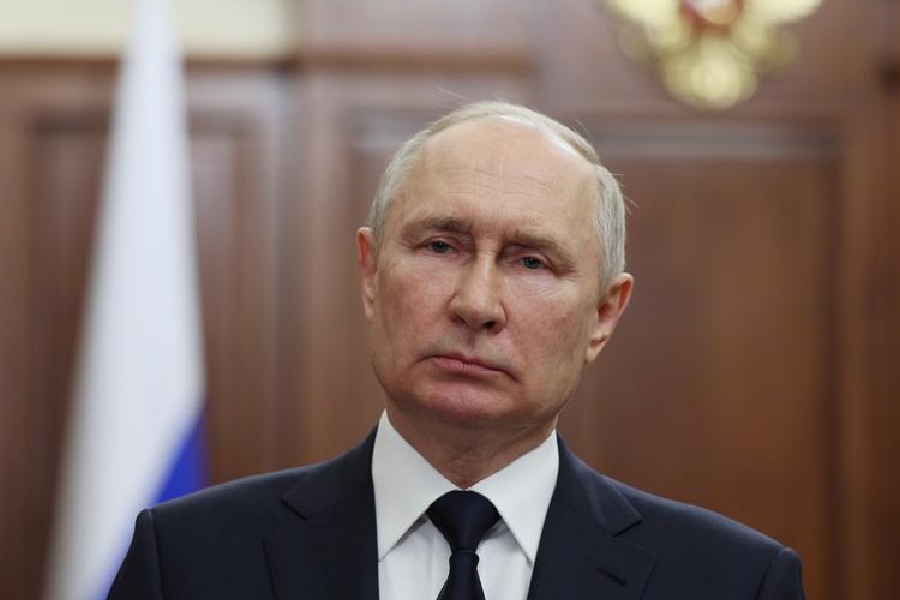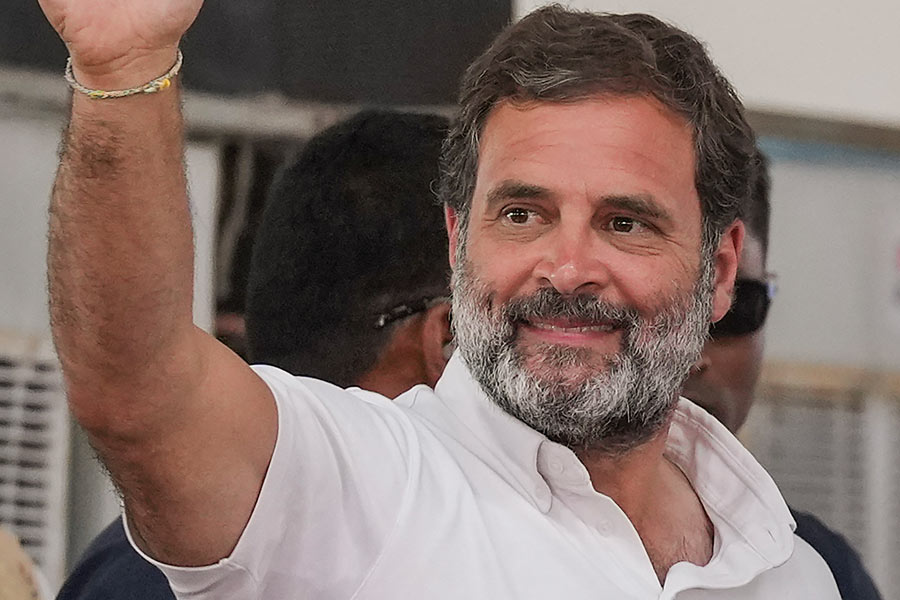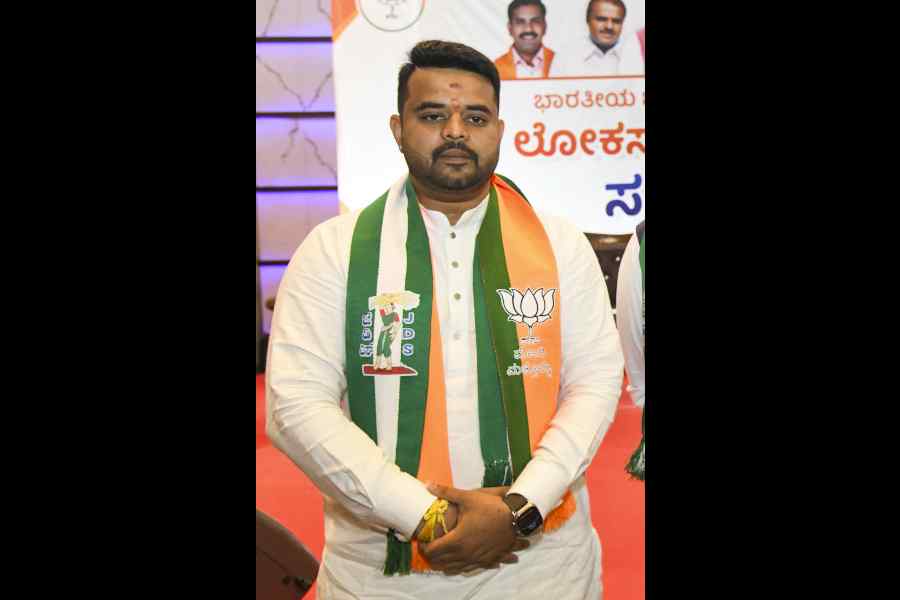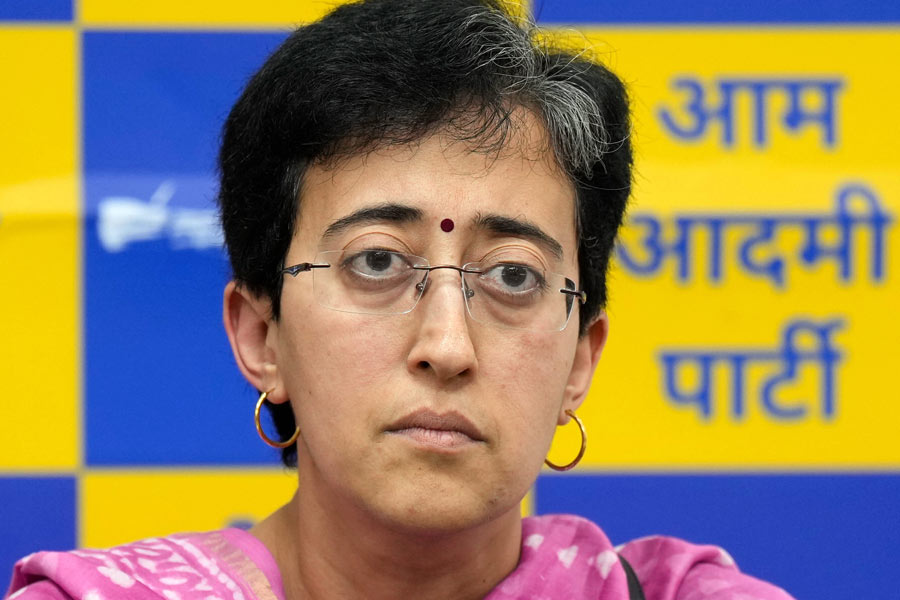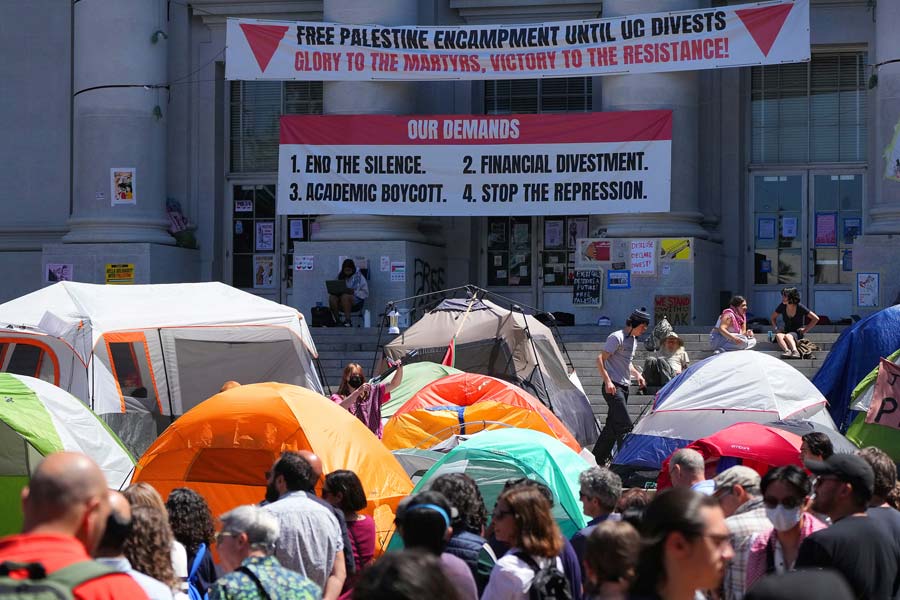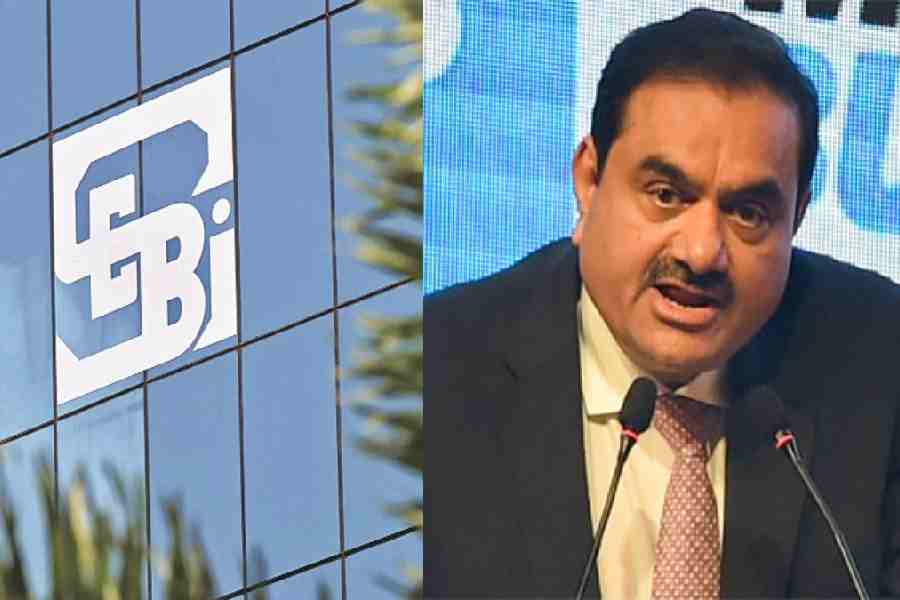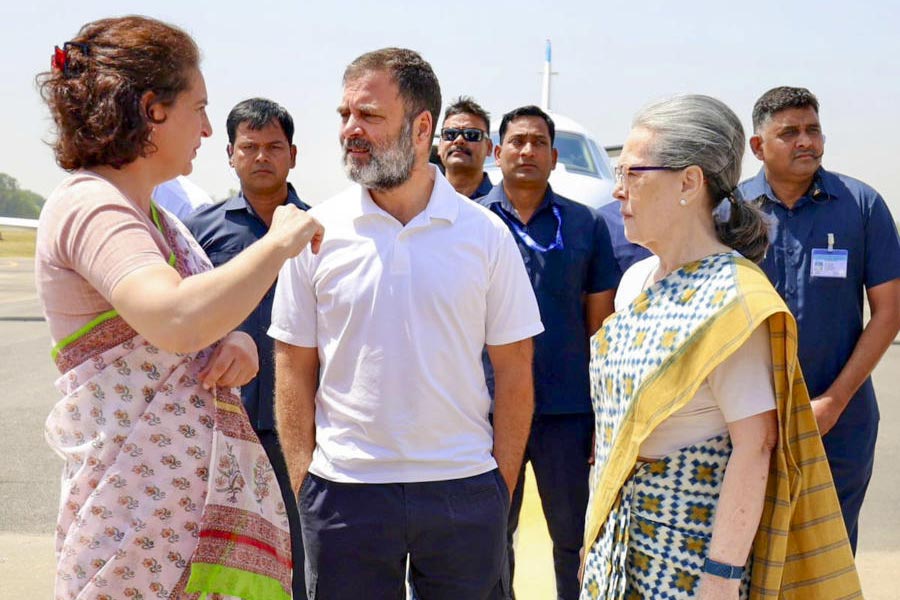Russia is ratcheting up its internet censorship before elections this weekend that are all but assured to give President Vladimir Putin another six years in power, further shrinking one of the last remaining spaces for political activism, independent information and free speech.
Russian authorities have intensified a crackdown against digital tools used to get around internet blocks, throttled access to WhatsApp and other communications apps in specific areas during protests, and expanded a program to cut off websites and online services, according to civil society groups, researchers and companies that have been affected.
Russia, they said, is turning to techniques that go beyond its established practices of hacking and digital surveillance, taking a more systemic approach to change the way its domestic internet functions. In doing so, the country is using methods pioneered by China and Iran, forming an authoritarian model for regulating the internet that contrasts with the more open approach of the United States.
Russia “has reached a new level of blocking in the last six months,” said Mikhail Klimarev, a Russian telecommunications expert and executive director of the Internet Protection Society, a civil society group.
Internet censorship has grown in Russia for more than a decade, but the scale and effectiveness of the most recent blocks have surprised even technical experts. The techniques add to an infrastructure of repression built by Putin to keep protesters and opponents in check and serve the country a diet of state propaganda.
The moves come at a critical time for Putin, who has been dealing with memorials for Alexei Navalny, the Kremlin’s fiercest critic, after he died last month in a Russian prison, as well as the effects of an ongoing war in Ukraine. On Friday, Russians also begin heading to the polls to vote in a presidential election that Putin is all but certain to win, with the strengthened internet controls showing the government does not plan to take any chances.
Roskomnadzor, Russia’s main internet regulator, did not respond to a request for comment.
In ramping up its internet crackdown, Russia has taken cues from China, where the internet is heavily restricted and social media is closely monitored.
In 2016, Fang Binxing, the father of China’s Great Firewall, the system used to censor the country’s internet, met with Russian counterparts. The relationship has since developed, according to leaked documents of meeting notes reviewed by The New York Times. The documents show how internet officials from the two countries met in 2017 and 2019 to share information about combating encryption, blocking foreign sites and curtailing protests.
Lessons from the discussions have now been put into practice in Russia.
In January, as protests shook the country’s industrial province of Bashkortostan, officials successfully limited local access to messaging apps WhatsApp and Telegram. Similar shutdowns have recently occurred in the regions of Dagestan and Yakutia, said Klimarev, who tracks online censorship in Russia and operates a company called VPN Generator.
After Navalny died last month, other restrictions followed. During Navalny’s funeral in Moscow, cellular networks in nearby areas were throttled to slower speeds, making it harder to post videos and images to social media, Klimarev said.
In recent weeks, Russian tech companies and online activists have also reported new government efforts to identify patterns of internet traffic that come from virtual private networks, or VPNs, a software designed to get around blocks.
Roskomnadzor is identifying VPNs large and small and shutting down the connections, closing many of the last loopholes that allowed Russians to access global news sites or banned social media sites like Instagram. The approach, considered more sophisticated than earlier tactics and requiring specialised technologies, mimics what China does around sensitive political moments.
Officials appear to be balancing a desire for internet control against technical limitations and fears of angering the public by restricting popular online platforms, such as YouTube and Telegram, which are used for news, entertainment and communication. The government has also encountered engineering challenges, including earlier this year when many major websites went offline for about 90 minutes, in what experts attributed to a botched test of a new blocking system.
Authorities were most likely preparing for events that could mar this weekend’s election, experts said. Navalny’s supporters have called for people to go to the polls Sunday at noon to vote against Putin, hoping that images of long lines will show the world the scale of discontent. The government could undercut the plan if it can prevent the images from spreading.
The techniques build on a China-influenced playbook that has grown more sophisticated each year. In high-level meetings between China and Russia in 2017, Russian officials sought advice on methods to block websites, restrict access to the global internet and build a government-controlled internet akin to the Great Firewall, according to the records and notes from the meetings that were made available online by DDoSecrets, a group that publishes leaked documents.
The discussions also homed in on how to combat the rise in encrypted data flows, how to target larger mainstream messaging apps and what to do about services like VPNs that can get around blocks. In the exchanges, China emphasized its use of real-name registration — a system that requires the use of a government identification card to register for cell services and social media — as a way to keep people in check.
China and Russia must “establish the necessary connections for jointly countering current threats in the cyber environment,” Alexander Zharov, who was the head of Roskomnadzor, told visiting Chinese officials in 2017, according to a leaked copy of the speech.
In recent months, Russia’s blockages of VPNs have gone further than ever before.
“The level of blocking we’re seeing in Russia far surpasses what we’re seeing in China,” said Yegor Sak, a founder of Windscribe, a Canadian provider of a VPN, used in Russia to circumvent internet blocks.
The New York Times News Service

